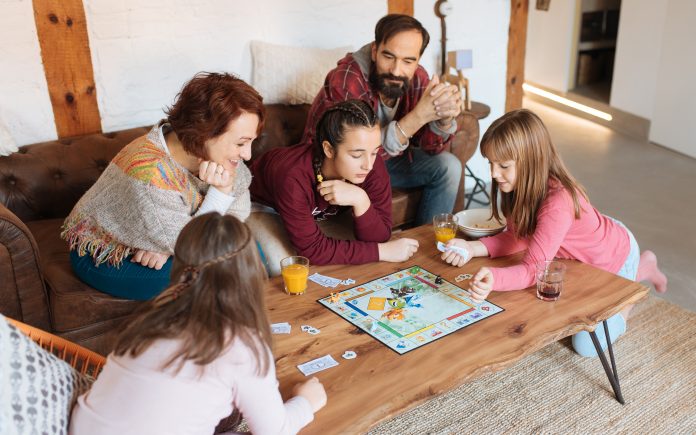
2020 has brought lots of uncertainty and challenges to our lives. Vacations, birthday parties, concerts and plays, driving to work, sending the kids off to school, and even finding everything on our list at the grocery store are things we assumed would happen because it was the way our lives were prior to March.
Now we are acutely aware of our limits and have become pros at juggling, redefining and adjusting just about everything in our lives. We wonder will we ever get back to “normal” again? We have navigated our way through the pandemic minefield so far, but there are still questions and unknowns about what’s ahead.
If all this adjusting and uncertainty is emotionally draining and stressful for us, just think about how it’s affecting our children, no matter their ages. They miss their normal routines and their friends. The announcement that they wouldn’t have to go to school for the rest of the year lost its appeal rather quickly when they realized that also meant no school activities like sports, field days, proms and graduation parties and ceremonies.
Uncertainty is very anxiety-promoting for many people. It moves us out of our comfort zones and forces us to be flexible and readjust our thinking. Many children haven’t developed these skills, so when unexpected things happen, they become anxious and can’t see the light at the end of the tunnel. Children tend to be rigid thinkers because the knowns feel comfortable and safe. As parents, we need to help them develop flexible thinking skills to ease their anxiety now and prepare them for their life ahead.
Katie Hurley, a child and adolescent psychotherapist and parenting expert offers some strategies you can practice at home to help your children move away from rigid thinking and become more flexible.
- Bend the Rules – Rigid thinkers love rules, so try tweaking the rules to a favorite board game. “When children learn that not all rules are set in stone, they begin to approach problems from new directions.”
- Teach Self-Talk – Teach your child to take a few deep breaths, state the problem, consider at least three solutions and choose one.
- Tweak the Routine – Routine is great and feels safe, but sometimes the dependence on routine increases rigid thinking, so make small changes in routine like a bath before dinner to show your kids it’s alright to do things in a different way.
- Get a Joke Book – Ms. Hurley says that rigid thinkers tend to struggle to understand jokes. Joke books can be a great way to talk about the different meaning of words and how changing the meaning of a word is what makes the joke funny.
When kids develop flexible thinking skills, they are better able to solve problems to work through change and transition which are valuable life skills. If you would like to read Ms. Hurley’s article, click here.
– Becky Lynn is a writer for EllisDownHome.com. She and her husband Bob enjoy spending time with their 8 grandchildren and traveling. Becky loves cranking up the music and heading to the kitchen to try out new recipes or cook for an upcoming party. She is passionate about continuing to be a life-long learner!






